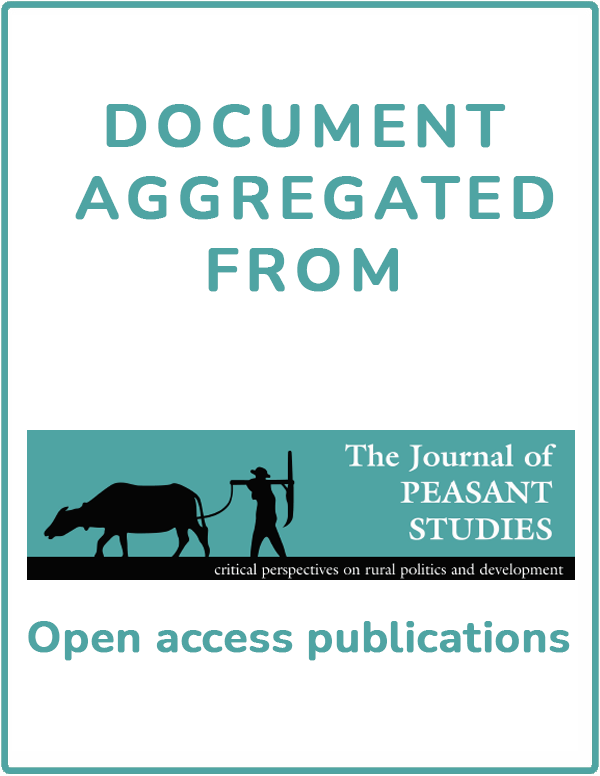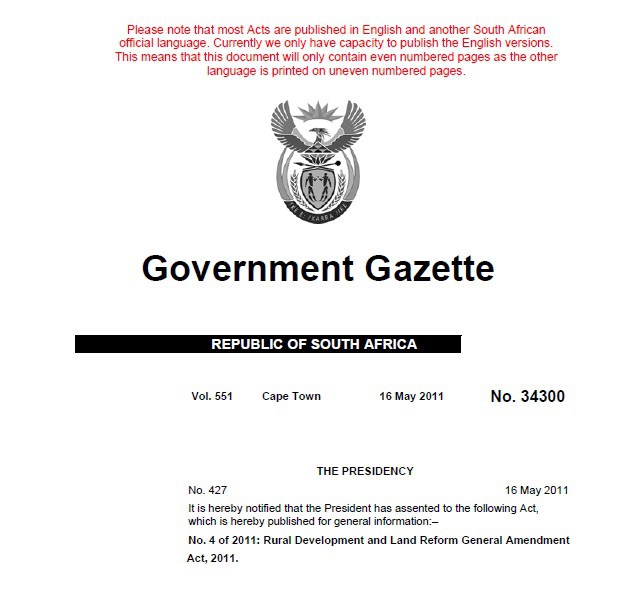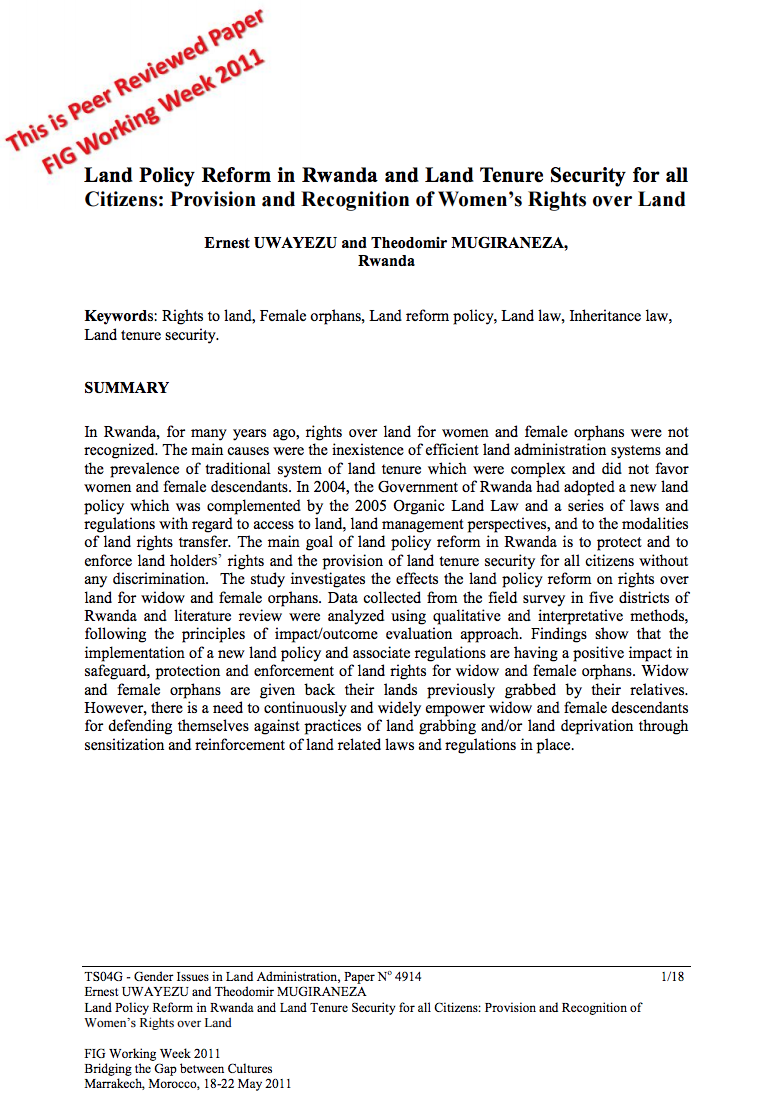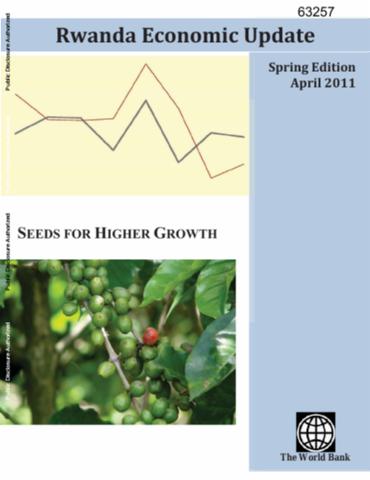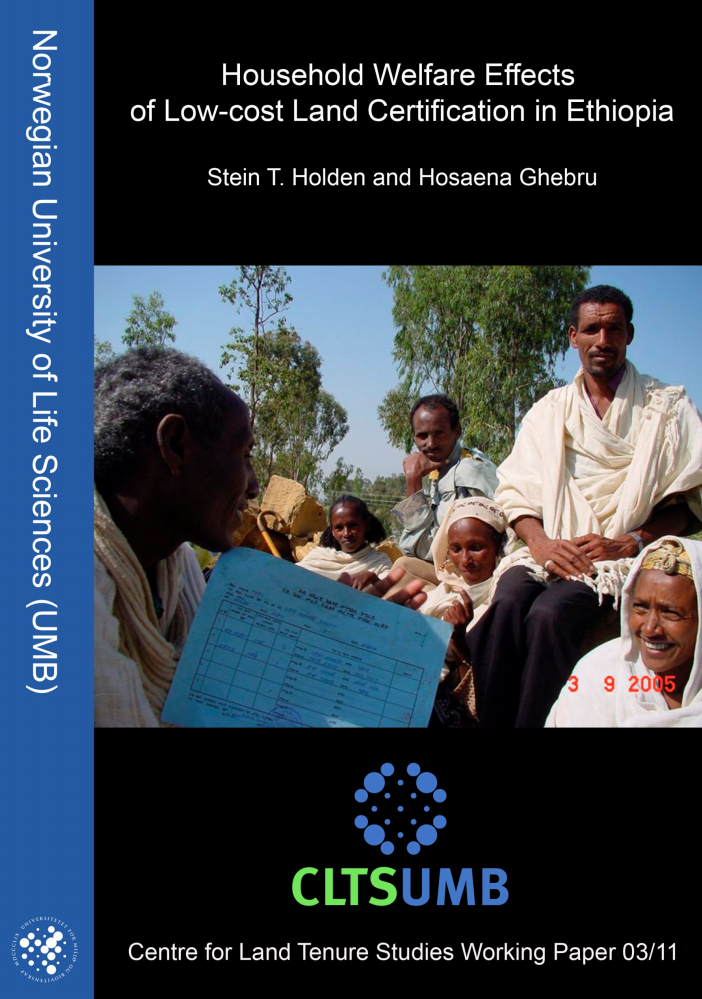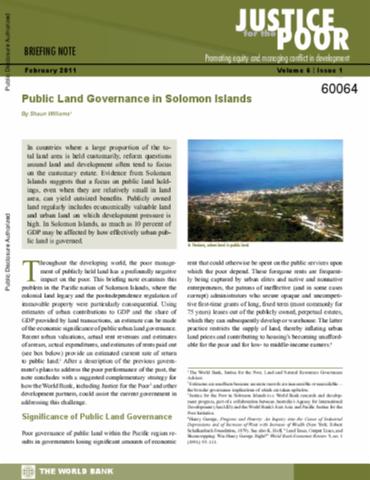Three decades of agrarian reform in Zimbabwe
This article examines the empirical facts about the actual outcome of Zimbabwe's land reform, based on years of field research. It shows that the popular assumption about failed land reform in Zimbabwe is wrong on several counts: the character of Zimbabwe's land reform has been redistributive, and the extent of this has been wide enough to trigger significant progressive changes in the agrarian structure. This is despite some elites having benefited from the process and foreign-owned agro-industrial estates and conservancies being retained.

